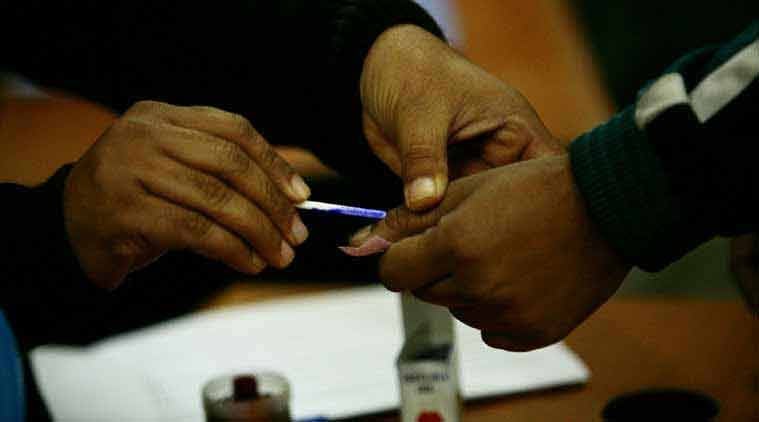Lessons from the verdict
The idea of India may have lost its political currency.

The sheer scale and size of Narendra Modi’s electoral victory poses fundamental questions beyond the usual election analysis. The BJP has not only defied anti-incumbency to increase its overall voteshare, but has also made inroads into new regions and constituencies to consolidate its grip on power across large parts of India. What has been puzzling is that the time-tested “it’s the economy, stupid” argument does not fully explain this political outcome. Unlike the 2014 general election, where the BJP tapped into the simmering discontent against corruption and accusations of “policy paralysis” of the UPA government, the 2019 election was fought against ill-thought policy interventions like demonetisation, farmer distress, and an overall shaky economic performance of the NDA government. The prime minister’s (well publicised) micro-welfare schemes are not an adequate explanation because the UPA government too had invested substantially in pro-poor policy measures. According to the material logic, then, the voters should have penalised the BJP. Yet, the voters have not only not penalised the BJP but also decided to give it a second chance. The repeat performance is a critical indicator that the 2014 election was most likely not a chance occurrence but perhaps the first signpost of a more persistent trend.










.png)




























No hay comentarios:
Publicar un comentario